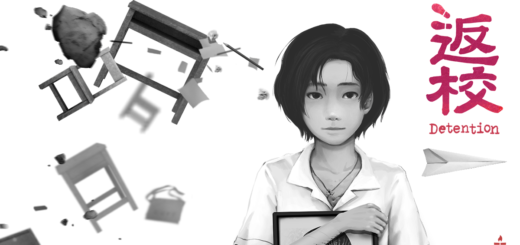MINIT Review
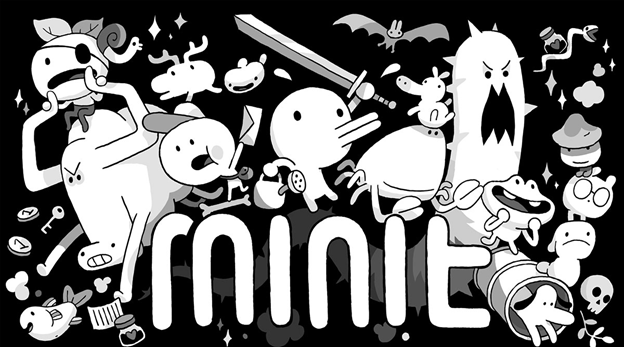
Time affects everything in our lives. It dictates what we can do, when we can do it, and how long we can do it for. No decision can feasibly be made without first considering our constant march to the future. In this train of thought, MINIT, a new adventure from Vlambeer, finds its little slice of normal.
In MINIT, players start off with nothing. No items, no story, no directions, and no initial life duration—just an unknown land to explore. Only when our little duck-like avatar finds a sword on the ground do the trials begin and the clock starts ticking down. With this sword in hand, MINIT becomes a journey taken 60 seconds at a time—at the end of that minute, the player dies and it’s back to the starting line. Each subsequent life offers the chance to discover new environments, assist strange figures, uncover terrifying secrets, and hopefully lift the terrible curse of dying at the end of every minute. This prospers an incredible spirit of curiosity much in the same way as Shigeru Miyamoto did with THE LEGEND OF ZELDA. From the moment you set off on your adventure of multiple lifetimes, the world becomes your playground.
And what a world it is. Atmospherically, MINIT is a gem. The offering of a lively musical score in addition to a cast of cute and goofy NPCs bolsters an already jam-packed environment. Treading the same paths over and over with each new runthrough would become incredibly boring, were it not that the land feels so alive. Thankfully, every choice made in building the world seems dead set on supporting such short bursts of activity.
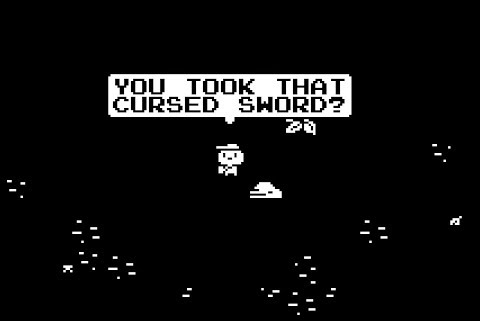
Somebody really should have left a note
With the 60-second limit for survival being such a central part of the entire experience, it would have been very easy for Vlambeer to create an ordeal that was too complicated to even process in such a short window. They could have insisted players accomplish far too many tasks in one life, memorize excessive sequences of patterns, or even made the game a time trials-esque romp. Instead, though, MINIT is all about living in the moment. Puzzles are never about pushing anyone to their mental or dextrous limits. In fact, most boil down to solving a riddle, moving around boxes, or traversing a maze. Often the easiest way to succeed is simply to come at the problem from a different perspective.
This principle extends to other areas of MINIT, especially in combat and travel. The developers know players can only accomplish so much in one life, so instead, the limitation of a short existence grants a creative new test. If you need to travel from point A to B, then the challenge is simply reaching it quickly enough. This becomes a much more difficult feat to accomplish, though, when enemies are encountered along the way and the player’s natural instinct is to fight them, despite the inability to do both in a single run.
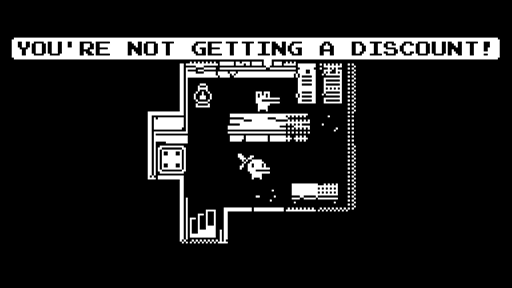
Publishers these days . . .
The ways that MINIT utilizes its timer creates a very fulfilling emphasis on personal freedom and learning. At first, there are so many places to go and obstacles to overcome, that you must decide what you want to do to even discover what you can do. Each new revelation, be it a newly opened room, an item found lying on the ground, or even an encounter with a rambling man, opens the window of opportunity to a new way to spend your 60 seconds. Additionally, the lack of any maps to show players where to go or even where they are makes memory one of, if not the most, important tool in your arsenal. To progress you must learn the lay of the land like the back of your hand, and be able to recall this knowledge quickly and efficiently.
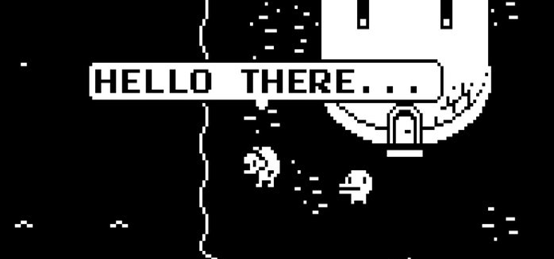
Sir . . . Sir, please, I don’t have the time for this
If MINIT comes up short anywhere, it’s that the game is, well, short. I’m not just talking about the length of each run: there were times where I considered whether the minute lifespan was designed as the central feature with the rest of the game fashioned around it, or if the 60-second clock was inserted to merely prolong the otherwise limited quest. With the experience directing my attention to time with such vigor, it was a bit disappointing that I was able to claim victory in slightly over an hour. Granted, much of this discontent stems from the degree to which I enjoyed playing and my desire for the journey as a whole to continue. Nevertheless, with so much opportunity for more challenges to be created from this central mechanic, the slim amount offered was the most glaring problem.
Often in games death is an irritant and a sign of failure, but in MINIT, death is nothing more than the suggestion for “just one more try.” If you take nothing else from this review, at least go away knowing that MINIT is beautifully, completely, unapologetically unique. It is a wildly fun ride for the albeit short experience offered, and the jokes, secrets, and compulsion to play faster offer an incredible chance to continue learning and exploring upon subsequent playthroughs.
Verdict: Recommend
Reviewed on PC

